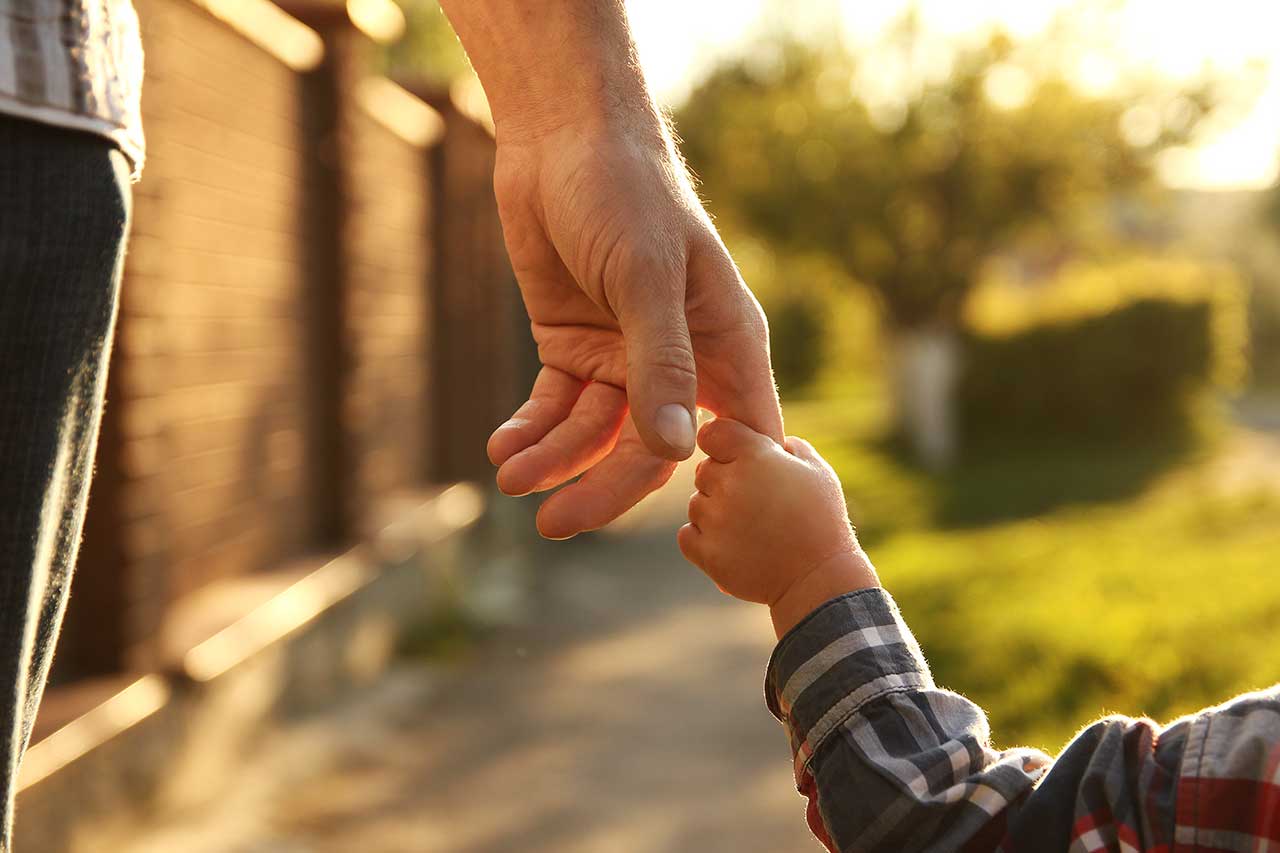“A kind gesture can reach a wound that only compassion can heal.”
― Steve Maraboli, Behavioral Scientist
We can become involuntarily selfish, self-serving, and one-track-minded during drug addiction - it’s an all-encompassing condition. Our brain’s reward system is effectively hijacked, and the very instincts designed to keep us alive instead focus on obtaining and using substances.
The mental compulsion and the physical need to use drugs often comes at the expense of other areas of our lives. We might spend excessive amounts of money, borrow from friends and family members, neglect our social lives, and otherwise live outside our usual moral standing.
However, recovery from addiction represents a chance to do a complete 180 degree turn with your life, grow spiritually and mentally, and be the person you want to be. Many people find that generosity and altruism make for a solid foundation for long-term recovery. Small acts of kindness can make a huge difference for others around you, and you get to contribute to a world where people help other people.
What Is Generosity?
Generosity doesn’t just refer to worldly things. You don’t have to be rich to be generous - you can give your time or a compassionate ear for free. This could simply be listening to someone else in distress or taking the time to call a loved one. Some other ideas are:
- Random acts of kindness, such as helping someone unpack their groceries
- Volunteering with local organizations
- Sharing your lived experience of finding recovery with others
Of course, generosity and altruism help other people, but they can also play a key role in the recovery process. Helping other people distracts us from our own problems and boosts self-esteem. Research has found a link between altruism and well-being, happiness, health, and length of life, provided that the helping tasks are not overwhelming. It’s as important to know your limits as it is to help others.
Helping other people going through hard times helps put our everyday problems into perspective and give us a more positive outlook. Evidence shows that being aware we’re doing kind acts increases our optimism and satisfaction levels.
How Does The Biology Of Generosity Work?
Humans are naturally social creatures - we didn’t evolve to be solitary. Thousands of years ago, if we attempted to survive alone in the wild, we would have perished quickly. Our brain rewards and encourages us to engage in social activities such as helping others by releasing the neurotransmitters oxytocin (commonly known as the love hormone), dopamine, and serotonin.
These neurotransmitters provide a natural helper’s high and make us feel accomplished and happy. Recovery shouldn't be miserable, so finding sustainable and beneficial ways to boost our mood is an important facet.
Boundaries and Generosity - Can You Give Too Much?
We only have finite amounts of energy to help other people, and it’s important not to burn out by trying to give all of your time and energy away. There is absolutely no benefit in helping others if you are overwhelmed by the task - you run the risk of stressing yourself out and potentially jeopardizing your recovery.
Although learning to establish your boundaries might seem frightening at first, they are one of the cornerstones of effective recovery. Knowing yourself and your own limitations is critical for self-care - you can only give so much. If you’re starting to feel empathy fatigue, worn out, or like you aren’t accomplishing anything, it’s essential to take a step back and think about whether you’re over-extending yourself.
Read more: Rehab Santa Ana, CA
Recovery and Generosity - the Happy Byproduct
Generosity and altruism aren’t strictly about helping ourselves - they center on the benefit we bring to people’s lives.
There is a reason that many religions, recovery methods such as mindfulness and the 12-steps, and spiritual practices focus on giving to others. By helping other people, we boost our self-esteem, happiness and bolster our own recovery.
Generosity and altruism are also productive and fulfilling ways to spend time and find constructive hobbies in early recovery, when you may have more time on your hands than you’re used to.






